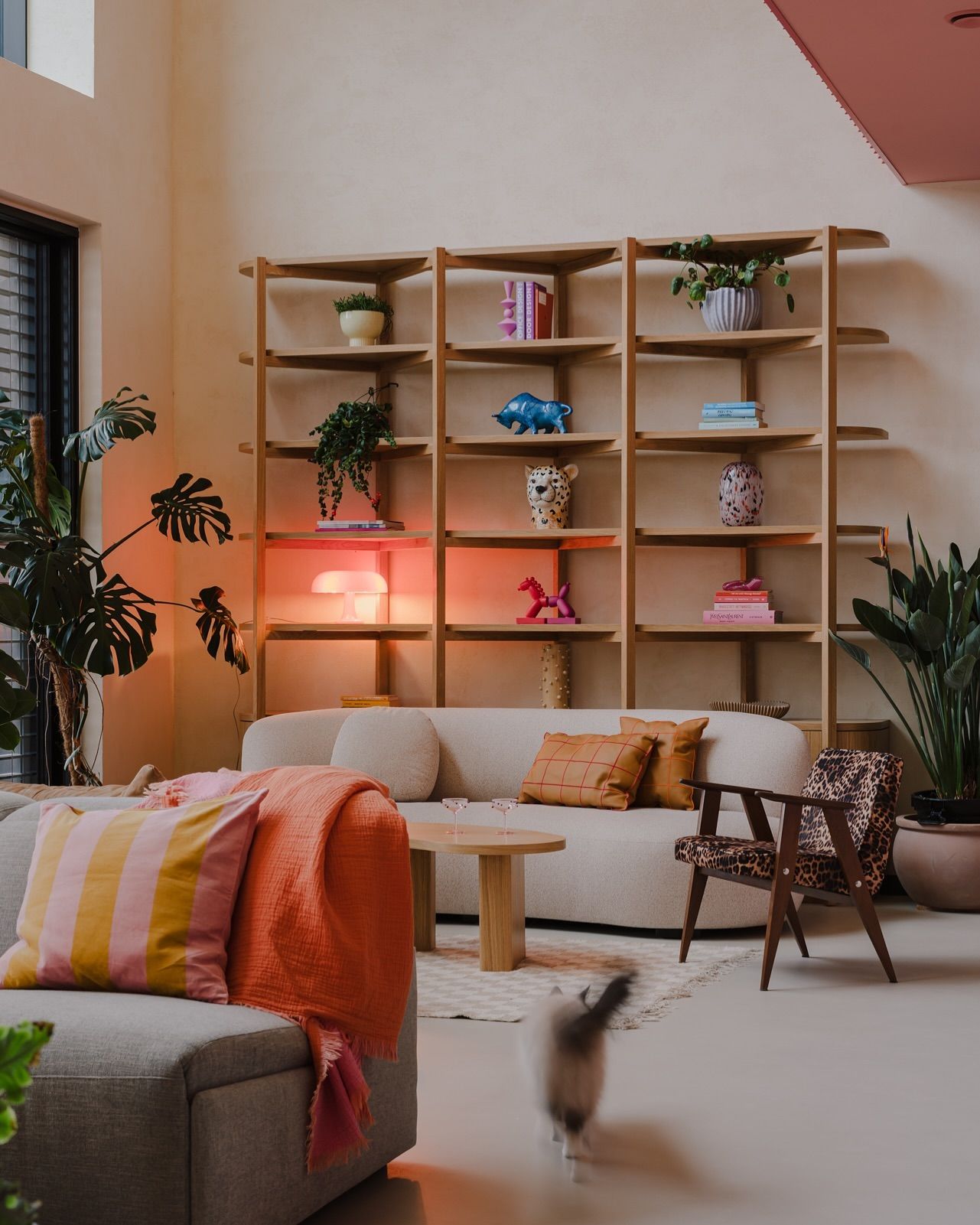Discover Reusable Food Storage
Spoken matches reusable food storage across 100s of stores to find you the best price.



Quick facts
Can't find the answer you're looking for? Please get in touch with our friendly team.
Are reusable food storage bags worth it?
Yes, reusable food storage bags are worth it for eco-conscious consumers. They reduce plastic waste, save money over time, and are often made from durable materials that can be used for various purposes, including organizing items in your home or for travel.
Category Overview
Introduction
Reusable food storage solutions play a vital role in every home, offering a practical means to preserve and organize food efficiently. By minimizing waste and promoting sustainability, these products not only contribute to a cleaner environment but also enhance your everyday life by making meal prep and storage simpler and more enjoyable. Imagine opening your fridge or pantry to neatly stacked containers that keep everything fresh and accessible—this is where reusable food storage shines, epitomizing utility while adding subtle decor elements to your kitchen.
Functionality
The primary function of reusable food storage is to contain, preserve, and extend the lifespan of various foods. These containers are essential in kitchens for storing leftovers, snacks, or meal prepping ingredients ahead of time. You’ll find them handy in different areas of your home—be it the fridge for perishables like fruits and vegetables, the pantry for dry goods, or even when you’re on the go with lunches or outdoor picnics. Unique features such as airtight seals help maintain freshness longer, while stackable designs save precious space in crowded cupboards.
Design & Style
Reusable food storage options come in diverse styles and materials to suit any aesthetic preference. Common materials include glass, silicone, and BPA-free plastic—each offering its own set of advantages regarding durability and safety. Styles range from sleek modern designs perfect for contemporary kitchens to charming vintage-inspired containers that complement farmhouse decor. Personalization is simple; many brands offer sets in various colors or shapes so you can curate a collection that fits seamlessly into your kitchen theme—whether you're going for minimalist chic or vibrant retro vibes.
Practical Considerations
When selecting reusable food storage solutions, consider key factors such as size relative to your space (e.g., large containers for bulk items versus smaller ones for snacks) and material durability (glass might be ideal for heat-sensitive foods). It’s also important to think about how often you’ll use them: heavier-duty options work best for daily use while decorative ones can add flair without sacrificing functionality. Avoid common mistakes like settling for mismatched lids or sizes; investing in a cohesive set promotes both style and efficiency in your kitchen organization.
Comparison and Alternatives
Choosing between materials such as glass versus plastic is essential; glass is durable but heavier, making it less ideal for travel compared to lightweight plastic alternatives. Likewise, round containers can fit snugly together but may take up more space than rectangular options that line shelves effortlessly. When selecting the right design, consider room size: if you're tight on space, opt for stackable varieties that maximize vertical room rather than horizontal spread.
Trends and Popular Items
Recent trends show an increasing preference for eco-friendly materials like silicone over traditional plastics due to their reusability and safety benefits. Customer favorites include modular container sets with adjustable compartments designed specifically for meal prepping—a game-changer in busy households looking to streamline lunch packing during hectic mornings! Additionally, the rise of vibrant colored lids adds a pop of personality while keeping functionality at the forefront. In essence, reusable food storage isn’t just about practicality; it’s about enhancing the way you live day-to-day while embracing sustainable practices that benefit both your lifestyle and the planet.